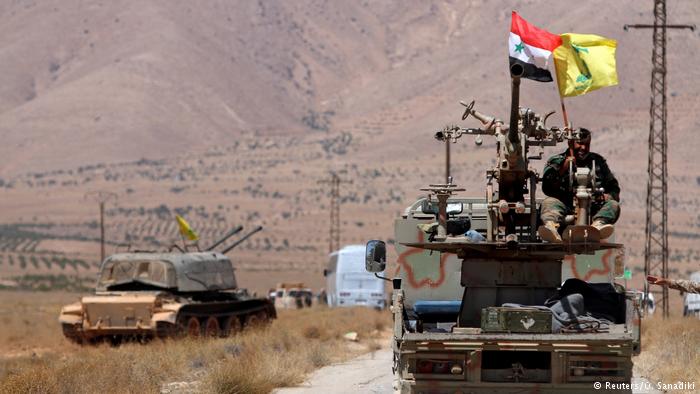
The United States on Friday placed sanctions on six people and seven businesses affiliated with the Iran-backed militant Shiite Islamist group Hezbollah, in an attempt to quash Iran’s influence in the Middle East and globally.
Designed to damage Hezbollah’s financial network, the new sanctions apply to five Lebanese nationals and one Iraqi, most of whom have links to Al-Inmaa Engineering and Contracting, a company run by Hezbollah financier Adham Tabaja, the US Treasury Department said in a statement.
The seven businesses were firms based in Sierra Leone, Liberia, Lebanon and Ghana.
Why the US is imposing sanctions
- Senior Trump administration officials said, “the first wave” of sanctions were part of an aggressive move against Hezbollah to try and limit Iran’s influence.
- The sanctions aim to squeeze Tabaja, who the US has already labeled a global terrorist and is thought to be one of Hezbollah’s top five funders.
- The Trump administration said companies and their executives act on Tabaja’s behalf, forming funding channels for the Lebanon-based militant group.
- Similar targeted sanctions are expected in the coming months with White House officials saying there were dozens of financial networks linked to Hezbollah that could be targeted.
- Officials said the US hoped to get European allies to join them in increasing pressure on Hezbollah.
United States will be ‘relentless’
While announcing the financial regulations aimed at Hezbollah, Treasury Secretary Steven Mnuchin said the Trump administration was “determined to expose and disrupt Hezbollah’s networks, including those across the Middle East and West Africa, used to fund their illicit operations.”
“We will be relentless in identifying, exposing, and dismantling Hezbollah’s financial support networks globally,” Mnuchin said.
White House Press Secretary Sarah Huckabee Sanders took to Twitter saying, “We will no longer allow corrupt Hezbollah and other Iranian regime cronies to hide their crimes behind front companies.”
Hezbollah’s financial situation: US officials said Hezbollah was already facing financial stress due to paying for costly operations in Syria and Yemen. As a result of the Treasury designations, all of Hezbollah’s assets subject to US jurisdiction are blocked and Americans are prohibited from participating in transactions with them.
Who are Hezbollah? The group was formed by the Iranian Revolutionary Guard in 1982 to fight Israel’s invasion of Beirut, but Hezbollah has since become a powerful political player in Lebanon. It is also a member of the Mediterranean nation’s coalition government. The US considers Hezbollah a terrorist organization and has imposed sanctions on the group in the past.




